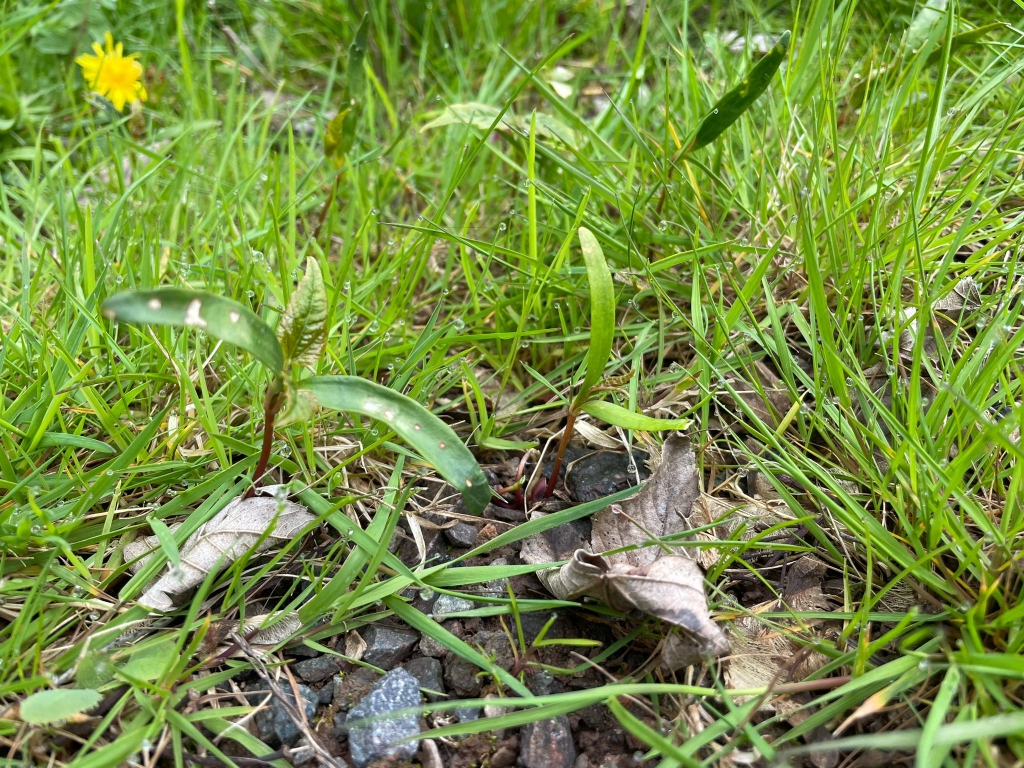
Horse Vets Warn Of Fatal Risks Of Hay Contamination By Sycamore
The British Equine Veterinary Assocation (BEVA), representing horse vets across the UK, is warning farmers of the grave danger of cutting hay from pastures contaminated with sycamore seedlings and saplings. An explosion in the growth of the seedlings this spring is causing a rise in cases of the potentially fatal equine disease atypical myopathy.
Seeds (‘masts’ or ‘helicopters’) and saplings of the common sycamore tree (Acer pseudoplatanus) produce a toxin called Hypoglycin A, which can remain present in high concentrations in seedlings. When horses eat these, either by accident or because they are lacking other forage options, some individuals will develop severe and often fatal muscle damage, called atypical myopathy.
Horses are most commonly affected in the autumn, when inadvertently eating the seeds on sparse pastures. However, last autumn bumper quantities of toxin-laden sycamore seeds were produced. These are now sprouting in numerous places, including on equine pastures and hay fields, causing an alarming second rise in cases of atypical myopathy.
BEVA is urging farmers who are cutting grass for hay this spring to identify pastures at risk; while these will largely be those with sycamore trees in, or bordering the fields, the fruits can travel hundreds of metres, thus could also be impacting fields further away. While herbicides can be effective in preventing further growth, the toxin will remain in dead saplings unless removed. Farmers are strongly advised to avoid selling hay cut from affected pastures to horse owners.
BEVA President David Rendle said: “By raising awareness of the risks of contaminated hay being fed to horses BEVA is hoping farmers will be able to identify any sycamore saplings within the crop while the grass length enables them to be seen. Sheep and cattle can also be affected by the toxin at very high levels but ruminants are more resistant to the toxin than horses. We are urging farmers to check their fields now and to discuss the risks from sycamores with their local equine veterinary practice if they need any further advice.”
For further information download the Royal Veterinary College’s fact sheet on Atypical myopathy: https://www.rvc.ac.uk/Media/Default/Comparative%20Neuromuscular%20Diseases%20Laboratory/Atypical%20Myopathy%20fact%20file%20updated%202022.pdf
For further information visit www.beva.org.uk.
More from BEVA

 3 years ago
3 years ago  1317 views
1317 views
